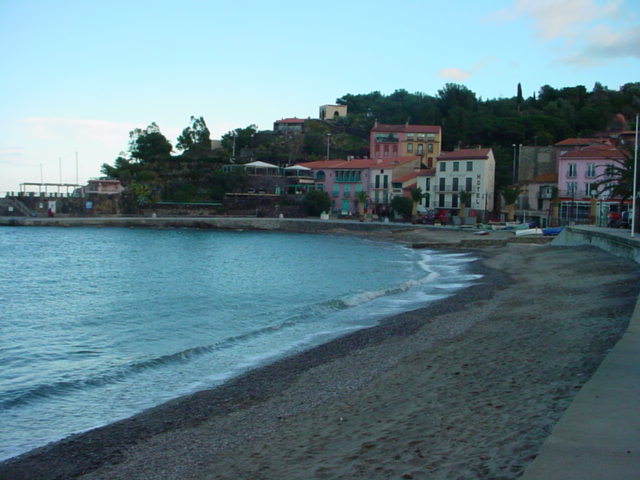Venezuelan Ambassador Herrera to the United States spoke at American University tonight. Literature from the embassy littered the table at the event, and undergrads filled the seats. Herrera started right in getting to the controversial issues, pushing the government's contention that they had stopped a "media coup" from occurring, because the "media was taking the place of weak political parties." But when asked about what his response was to shutting down Radio Caracas TV and its meaning from freedom of the press in Venezuela, he said that in fact they were canceling nothing; -- the TV stations concession was expiring, that's all. Then he mentioned the large number of channels available. How many of them display self-censorship for fear of the same fate?
His biggest problem was in defending the recent vote in the legislature to give Chavez decree power in many respects. He says, the representatives were not really to be trusted, and that their "constitution goes beyond the classical liberal democracy," as if we were supposed to understand what that meant. I think it meant that the Venezuelans trust the people, the beneficiaries of the Chavez social agenda, but the representatives they could do without. He also hinted that the opposition had, at times, a "destabilizing agenda" which called for more restrictive measures.
On Iran, Herrera said that Venezuela "had to allow countries to develop themselves," and that if Iran has nuclear power then they should keep it, but not use it for weapons.
But at the same time, Venezuela has been offering subsidized gas to Katrina victims and the U.S.-Venezuelan trade relationship is robust. Venezuelan citizens are benefiting from the Bolsa Familia social program. These things are largely unsung in the media in the United States.
Subscribe to:
Post Comments (Atom)

No comments:
Post a Comment